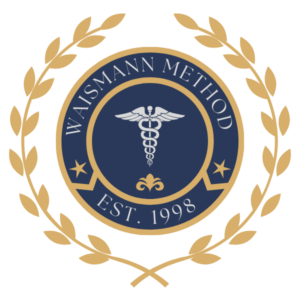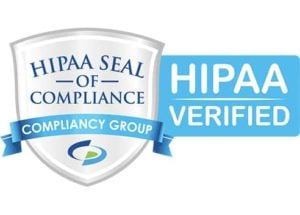1. What is Vivitrol used for?
Vivitrol is used to prevent relapse in individuals recovering from opioid and alcohol dependence. It works by reducing cravings and blocking the euphoric effects associated with these substances. By inhibiting the binding of opioids to the brain’s receptors, Vivitrol helps individuals maintain sobriety by decreasing the desire to use and reducing the rewarding effects of relapse.
2. How is Vivitrol administered?
Vivitrol is administered as a monthly injection by a healthcare professional. The injection is given intramuscularly, typically in the buttocks, and provides a steady release of naltrexone over a month. This long-acting formulation ensures consistent medication levels, improving adherence and effectiveness compared to daily oral medications.
3. Can Vivitrol be used immediately after detox?
Yes, Vivitrol can be used immediately after rapid detoxification to help maintain sobriety. The Waismann Method’s rapid detox allows patients to start Vivitrol the day after detox, helping to prevent relapse and manage cravings from the outset. It is crucial, however, that Vivitrol administration is guided by a physician to ensure patient safety and appropriateness for the medication.
4. What should I discuss with my doctor before starting Vivitrol?
Before starting Vivitrol, discuss your full medical history with your physician. This includes any liver conditions, as Vivitrol can impact liver function. Inform your doctor about all current medications, including over-the-counter drugs and supplements, to avoid potential interactions. Additionally, discuss any history of allergies, previous experiences with naltrexone, and potential side effects to determine if Vivitrol is right for you.
5. Are there alternatives to Vivitrol?
Yes, there are other medications and therapies available for craving management and relapse prevention. Oral naltrexone is an alternative that can be taken daily, offering a similar mechanism of action as Vivitrol. Buprenorphine and methadone are other options for opioid dependence, providing different mechanisms and benefits. Behavioral therapies, counseling, and support groups also play a crucial role in a comprehensive treatment plan. Your physician can help you explore all options to find the best fit for your needs and ensure a holistic approach to recovery.
6. Is Vivitrol addictive?
No, Vivitrol is not addictive. Unlike some other medications used in addiction treatment, Vivitrol does not produce euphoric effects or cause physical dependence. This makes it a safe option for long-term use in preventing relapse and managing cravings for opioids and alcohol.













